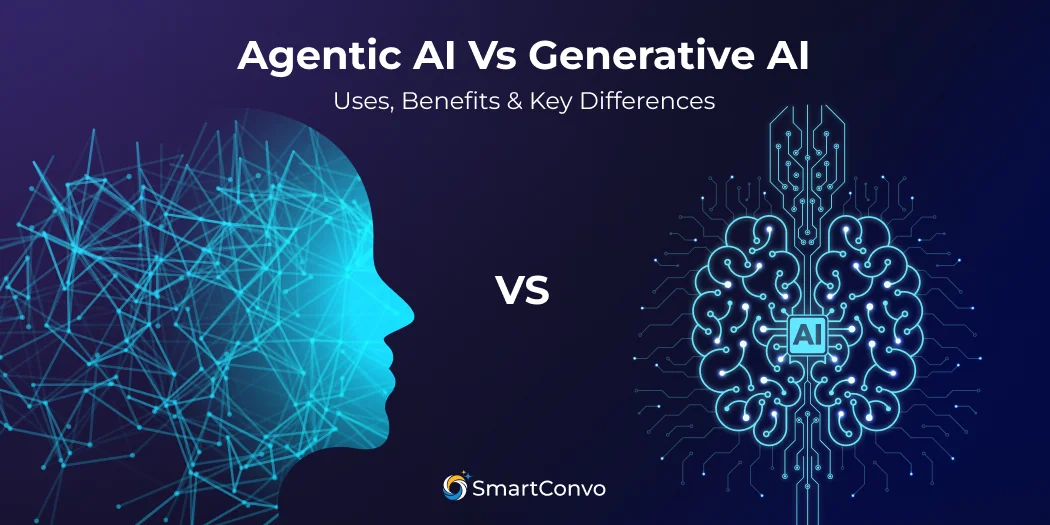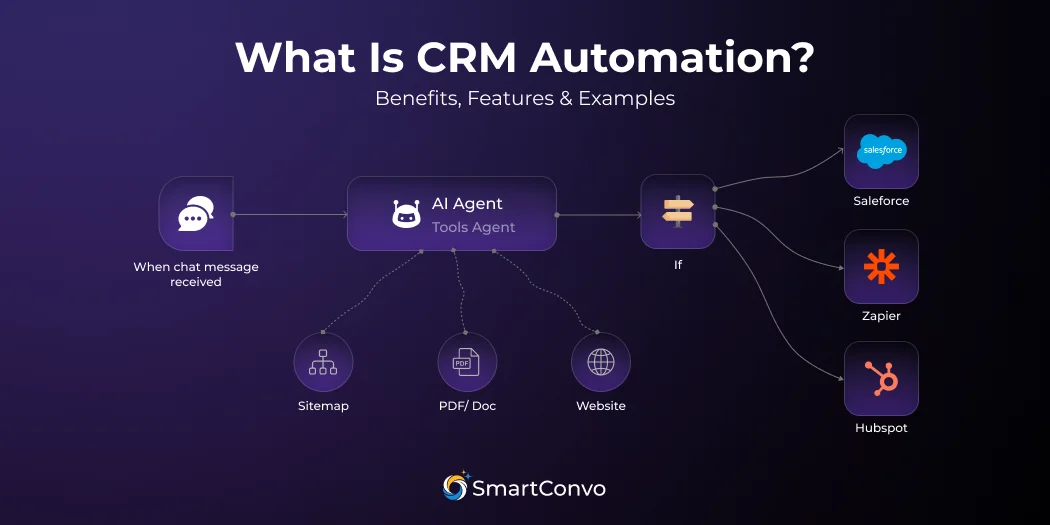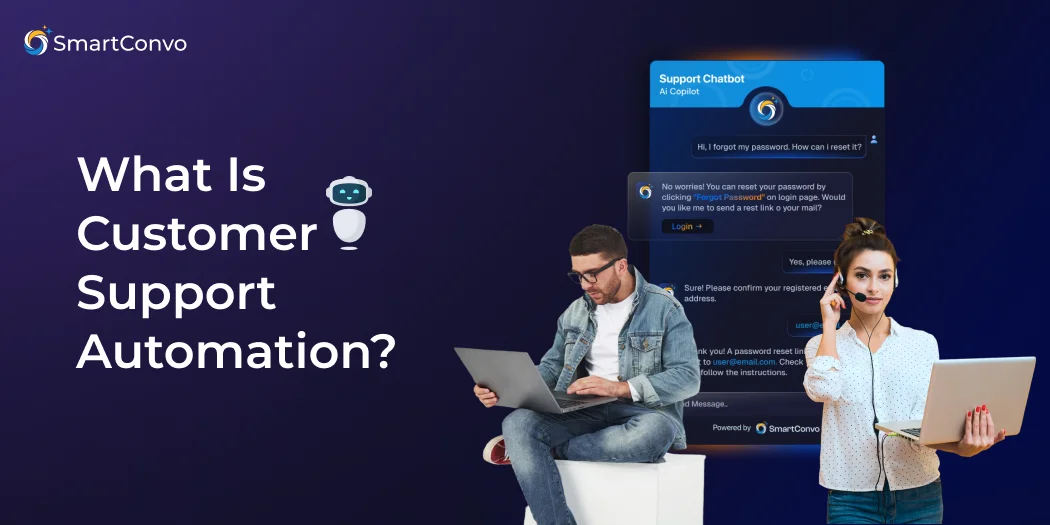Human Resources (HR) is at the forefront of organizational success, tasked with managing people—the most critical asset of any business. Yet, today’s HR teams face increasing complexities, from recruitment challenges to employee engagement and process automation. Enter Conversational AI, a groundbreaking technology that’s redefining how HR teams operate.
Conversational AI HR helpdesk tools, like chatbots and voice assistants, are transforming HR by simplifying workflows, improving employee satisfaction, and offering predictive insights. If you’re an HR professional or a business owner, it’s time to explore how this innovative technology can elevate your operations and help you stay ahead in the competitive talent landscape.
This guide will walk you through the fundamentals of Conversational AI in HR, its use cases, benefits, challenges, and the future trends you should prepare for.
Understanding Conversational AI Basics
Before we jump to HR applications, let’s break down Conversational AI. At its core, Conversational AI encompasses advanced technologies like natural language processing (NLP), machine learning (ML), and generative AI to simulate human-like conversations.
Key Components of Conversational AI:
- Natural Language Processing (NLP): Enables bots to understand and process human language.
- Machine Learning: Allows the system to learn from past interactions and improve continuously.
- Generative AI and LLM Chatbots: With advancements in LLM chatbots can now generate human-like responses and adapt better to nuanced conversations.
Unlike traditional systems, Conversational AI can understand context, sentiment, and intent—making it an invaluable tool for the HR industry.
Use Cases for Conversational AI in HR

1. Recruitment and Onboarding
Conversational AI tools can handle repetitive tasks like:
- Screening resumes
- Scheduling interviews
- Answering FAQs from candidates
For example, an HR Chatbot for Employee onboarding can guide new hires by providing essential information, such as how to access training materials or submit documents.
2. Employee Engagement
Conversational hr chatbots can conduct regular employee pulse surveys, deliver real-time feedback, and suggest learning materials based on individual career goals.
3. Case Management
HR teams often juggle numerous employee queries. Conversational AI integrated with HR Case Management systems can resolve routine questions—such as inquiries about leave policies—allowing HR professionals to focus on complex issues.
4. Training and Development
With a Knowledge Base for HR, Conversational AI offers personalized recommendations for skills improvement and curates learning paths, ensuring employees stay updated in rapidly evolving industries.
5. Compliance and Policy Management
AI tools simplify compliance by answering policy-related questions and sending timely reminders about upcoming deadlines or updates in regulations.
Challenges Faced by HR Teams
HR teams often struggle with:
- High-volume, Low-value Tasks: Too much time spent on administrative work.
- Employee Engagement Gaps: Scaling engagement efforts across remote or hybrid teams.
- Data Overload: Difficulty in analyzing vast amounts of employee data for decision-making.
These challenges restrict HR from focusing on strategic priorities. And that’s where conversational AI HR support and AI tools come into play.
How Conversational AI Transforms HR Operations
Conversational AI addresses HR challenges by automating mundane tasks, enabling smarter decision-making, and enhancing employee experiences. Here’s how:
- Efficiency Gains: Conversational AI reduces repetitive, administrative tasks, freeing up HR’s time for goal-setting and strategy development.
- Personalization at Scale: Employees receive immediate, tailored responses and guidance—be it for career advancement or resolving IT requests.
- Predictive Capabilities: AI tools analyze employee behavior patterns, enabling HR teams to forecast attrition risks and proactively engage employees at risk of leaving.
- Improved Communication: Whether you’re running a global workforce or a small business team, AI chatbots ensure 24/7 support for all employees, breaking barriers like different time zones.
For those new to exploring AI in HR, starting with basic tools like a conversational chatbot can already generate immense value.
Benefits of Conversational AI for HR Teams

Efficiency and Speed
Conversational AI reduces the time spent on repetitive tasks like answering FAQs and scheduling. This makes HR processes smoother and employees happier.
Accuracy in Decision-Making
AI-powered tools analyze vast amounts of data to help HR professionals make informed decisions, such as identifying gaps in team performance.
Cost Savings
Automating HR tasks reduces overall operational costs. AI for business, including HR departments, helps drive ROI by optimizing workflows.
Employee Satisfaction
Faster, tailored responses to employee queries foster trust and improve overall satisfaction, directly impacting retention.
24/7 Availability
With AI, employees can get answers to their questions anytime, ensuring no delays in resolving concerns.
By integrating Conversational AI for HR support and HR transactions, HR teams gain a competitive edge while transforming the workplace experience.
Real-World Use Cases of Conversational AI in HR
Improved Recruitment with LLM Models
Companies like Unilever use AI-assisted chatbots to screen candidates, ensuring efficiency and fairness in recruitment. Algorithms powered by knowledge in AI evaluate applications on predefined criteria, enhancing the hiring process.
Employee Wellness Programs
IBM’s AI chatbot, Watson, enables organizations to provide personalized wellness plans for employees. With conversational AI employee support, companies can ensure mental health and work-life balance are prioritized company-wide.
Scalable Onboarding Solutions
Adobe uses AI chatbots for employees to simplify onboarding, including setting up accounts, sharing training schedules, and managing compliance tasks.
These are just a few examples demonstrating how organizations are transforming operations with conversational AI for HR transactions.
How Conversational AI Improves Workflow in HR Industry
Integrating Conversational AI with HR systems like payroll, performance evaluations, and HR Case Management further streamlines operations:
- Automation enables consistent tracking of employee requests.
- Centralized platforms powered by AI create actionable datasets that align HR metrics with business objectives.
- Easy integration with Knowledge Base for HR ensures employees can access resources seamlessly without waiting for HR intervention.
By improving workflows, Conversational AI creates a more agile HR department, ready to tackle challenges in real time.
Future Trends in Conversational AI for HR

- Hyper-Personalization: AI tools will deliver even more tailored solutions based on employee behavior and preferences.
- Advanced Sentiment Analysis: Real-time mood tracking and sentiment analysis will further enhance engagement strategies.
- Expanded Use of Generative AI: Custom HR chatbots powered by generative AI will craft detailed communication plans faster.
- AI-Powered Leadership Development: AI tools will soon help identify employees with leadership potential, recommending personalized mentorship.
These developments will unlock new possibilities for HR, ensuring organizations can adapt to employee and industry expectations effortlessly.
No Credit Card Required | 14 days Free Trial
Build Your Chatbot
Conclusion
Conversational AI is not just a trend; it’s the tool HR teams need to stay relevant and effective in an increasingly competitive landscape. From streamlining recruitment and optimizing engagement to simplifying case management and improving overall workflows, the benefits of AI chatbots and other Conversational AI tools are too significant to ignore.
Are you ready to transform your HR operations? Start by exploring how AI can be customized to fit your organization’s needs. Implement your first Conversational AI tool to see the future of HR unfold in your workplace.
If you’re looking for actionable insights or tools to integrate AI into your HR department, explore our guide on HR chatbot for employee engagement.
Frequently Asked Questions (FAQ)
No, Conversational AI is designed to assist HR teams by automating repetitive tasks, not replacing human decision-making. AI supports HR professionals, allowing them to focus on more strategic goals.
Costs vary based on the size of the organization and the complexity of HR workflows. Many providers offer scalable plans suitable for both small businesses and enterprises.
Not at all! Modern platforms are built for easy integration with existing HR tools like HRIS or payroll systems. Training your team on AI usage has also become much more intuitive.
Begin with identifying key pain points—such as recruitment delays or poor engagement metrics—and experiment with AI solutions to address those challenges.
Yes, Conversational AI can simplify compliance by answering policy-related questions, sending reminders about deadlines, and ensuring adherence to regulations.













